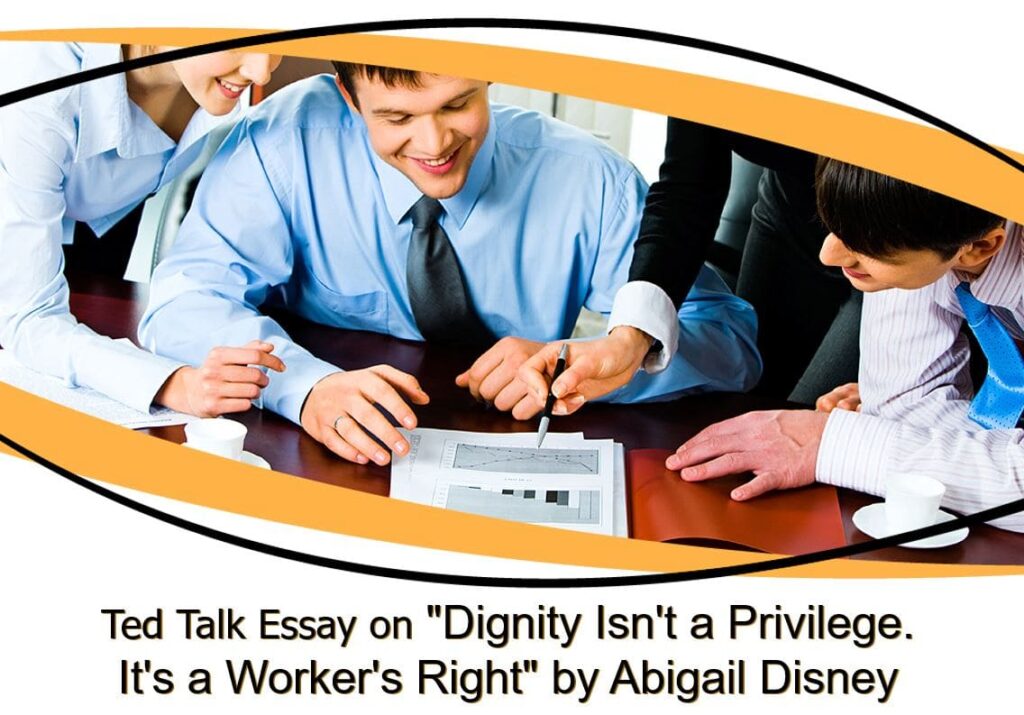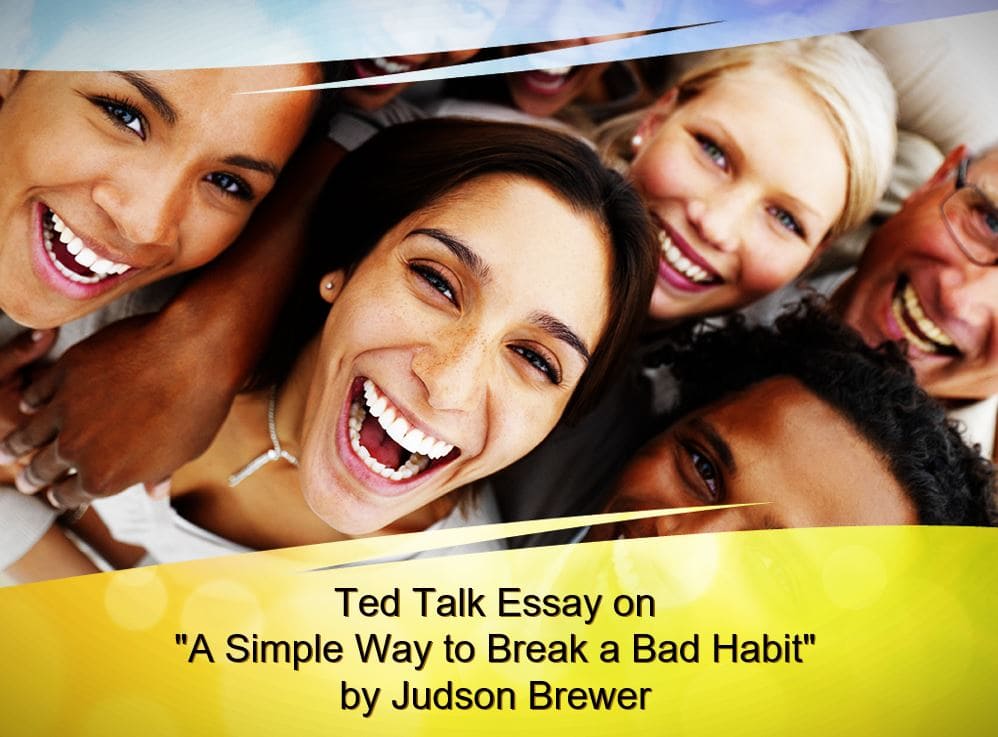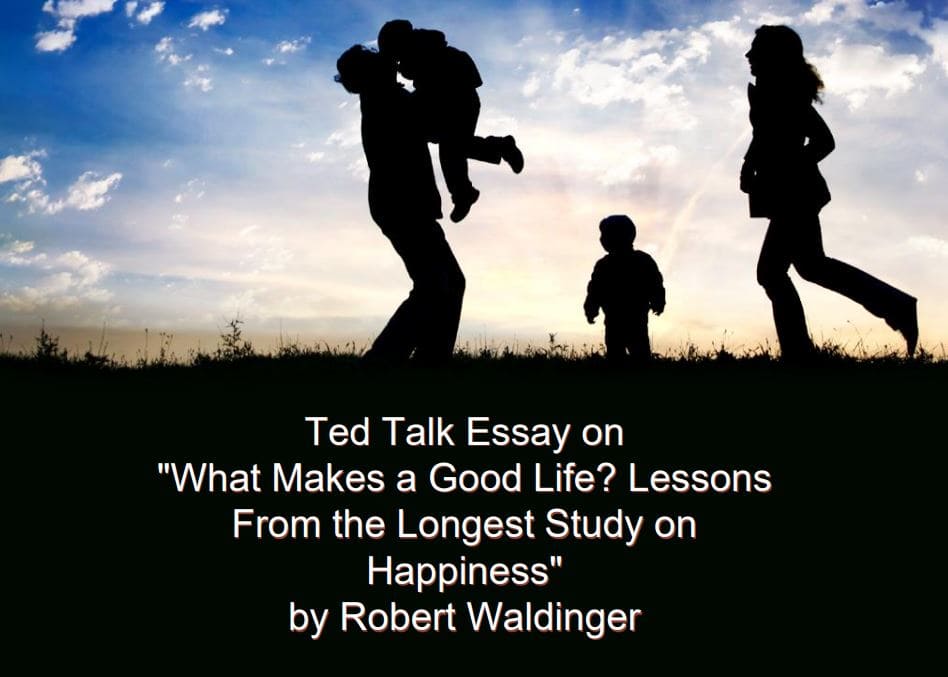In this Ted Talk essay on “Dignity Isn’t a Privilege. It’s a Worker’s Right” by Abigail Disney, the author portrays a point where companies have a moral obligation to value employees more than their shareholders by offering them optimum wages, impartial treatment, and dignity. She is advocating for companies to not only focus on profits and growth but also show concern for the workers’ wellbeing as they are the people who work hard to steer the organization toward success. In particular, Disney discusses a crucial point in the work environment that is relatable to personal experiences and even goes ahead to describe important situations to which managers can respond, showing dignity to employees.
The Main Point of the Talk With Personal Experience
As already highlighted, the video points out the need for organizational leaders to treat employees with dignity. Basically, the lack of respect in the workplace makes employees experience disengagement as no one seems to appreciate their efforts and understand them. For instance, this issue could be explored in a 500 word article example focusing on workplace ethics. For instance, I can recall a situation when I was an intern in a book production company. I was a production editor and always tried my best to produce quality work within the deadlines set. One day, I was given a task that required reading and editing, if there was something obvious to correct, of one of the best author’s manuscript to prepare the book for launching in one week. Unfortunately, some events beyond my control occurred. Firstly, the manuscript was sent late, despite the numerous reminders I sent to the author. Secondly, I realized that it was a time-consuming job that would exceed a week, while the designer took sick leave, making the timeline distorted. After realizing that the book would not be launched on time, the manager became furious and vented his rage on me publicly as we used to work in an open-plan office. In this case, such a behavior crossed the boundary of the relationship between a leader and a subject, which could lead to anger response (Hodson 6). It portrayed rudeness, which most employees have been compelled to tolerate for job security or maybe get a promotion. However, it can simply make a person feel derailed as no one seems to empathize with the situation.

Importance of Respect
Abigail Disney describes a notion of respect that should run across an organization from top to bottom. The scenario I experienced strengthens the notion that most organizational leaders do not respect the employees under them. For example, it is this observation that makes the video important as Disney shows that social norms, coupled with beliefs and mindset, drive business ethics (5:58-7:33). In this case, if a company fails to observe the norms and beliefs that create a conducive work environment, employees foster a psychological perspective that they are being mistreated and working in a toxic environment. Moreover, treating workers with respect is important as it reduces turnover rates by minimizing work stress, conflicts, and other issues (Martinelli par. 4). A respectful work environment facilitates increased productivity, mutual understanding, and heightened job satisfaction. Therefore, managers must lead by example by demonstrating acceptable attitudes and behaviors while promoting the impartial treatment of all employees for the organization’s benefit.
Application of the Information
Disney’s video is quite educative to company leaders and can be applied in various situations. Research shows that employees feel disrespected in several domains that include organizational support, salary and benefits, communication, promotion potential, and contingent rewards (Augsberger et al. 1222). Therefore, by considering the video, organizational managers can show respect to their employees by having a proper compensation plan, advocating for teamwork, and creating an empathic work environment. In other words, managers should look for loopholes that can make workers feel disrespected and execute the strategies.
Summing Up
In conclusion, it is undeniable that respect is essential in the workplace. Nowadays, the workforce is diversified with people from various cultural backgrounds, and ensuring that everyone is treated with the impartiality desired can help to retain the workers and even contribute to increased productivity in a company. Moreover, I was quite astonished by watching the video that even big companies that make huge profits can mistreat employees as the shareholders focus on profits and growth. In turn, such unscrupulous behavior makes an organization to dwindle gradually as employees become disengaged. Thus, it would be significant for managers to heed Abigail Disney’s advice to make their companies stay afloat and remain competitive.
Works Cited
Augsberger, Astraea, et al. “Respect in the Workplace: A Mixed-Methods Study of Retention and Turnover in the Voluntary Child Welfare Sector.” Children and Youth Services Review, vol. 34, no. 7, 2012, pp. 1222-1229, DOI: 10.1016/j.childyouth.2012.02.016.
Disney, Abigail. “Dignity Isn’t a Privilege. It’s a Worker’s Right.” TED, 2020, www.ted.com/talks/abigail_disney_dignity_isn_t_a_privilege_it_s_a_worker_s_right.
Hodson, Randy. Dignity at Work. Cambridge UP, 2001.
Martinelli, Katie. “The Importance of Respect in the Workplace.” The Hub, 3 Jan. 2018, www.highspeedtraining.co.uk/hub/importance-of-respect-in-the-workplace/.


